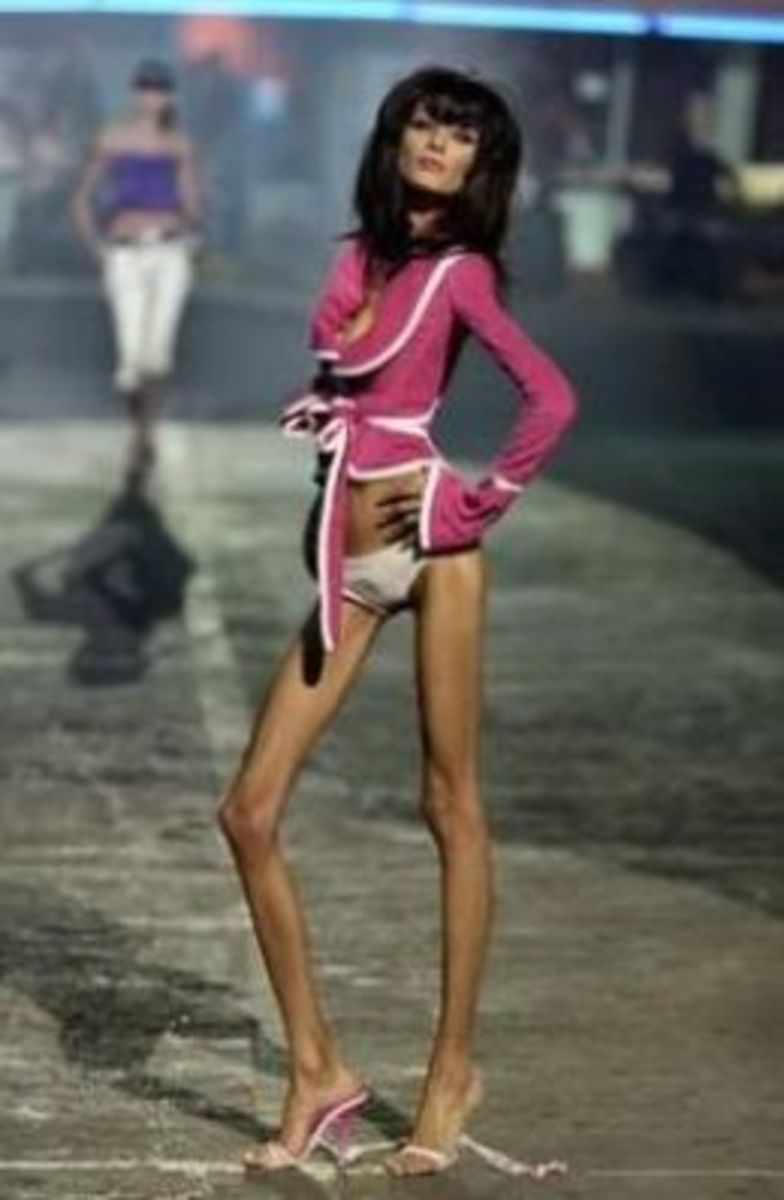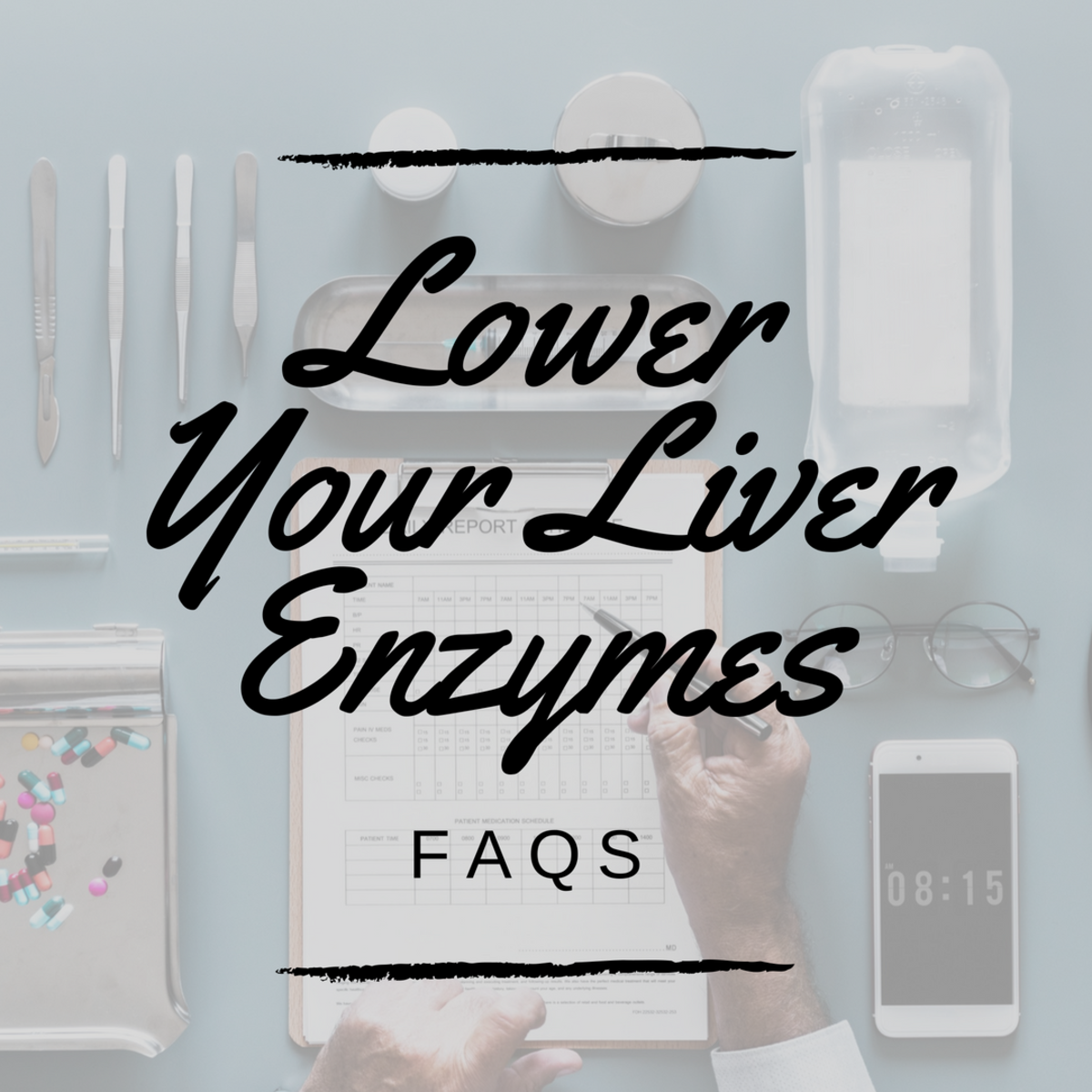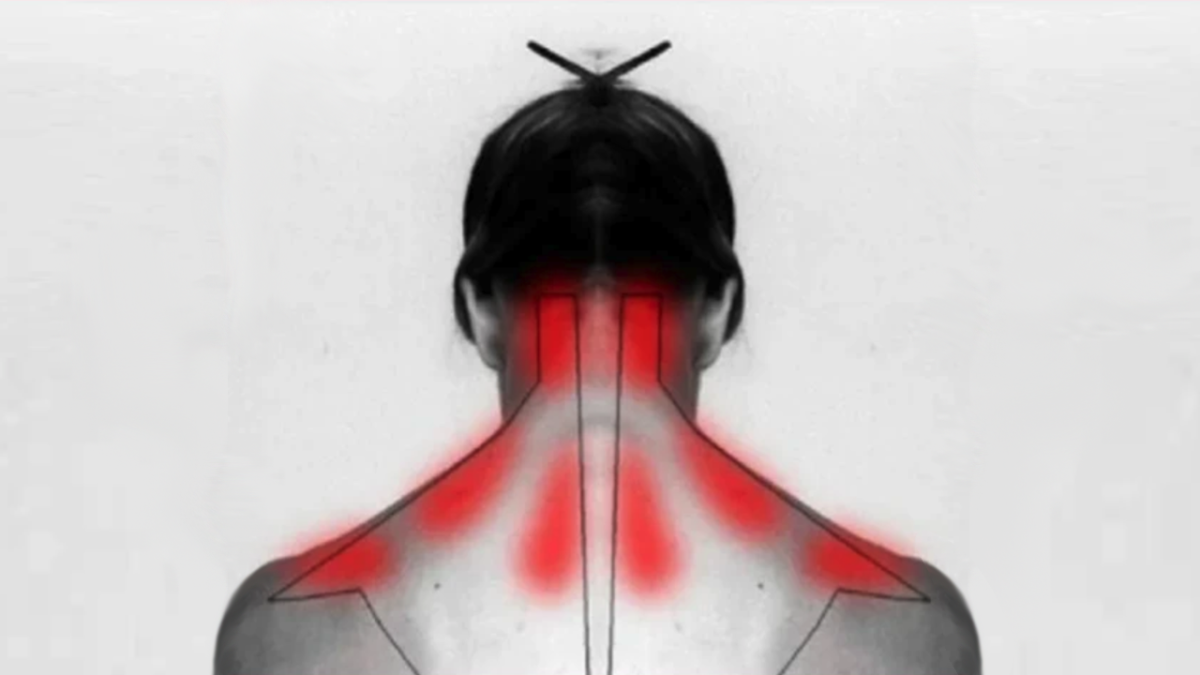Types of Eating Disorder

Topic Overview
The month of March is focused on Health issues. There are articles written about home remedies, physical workouts, diet plans, weight loss, vitamins, body supplement, and a lot more. These are informative and useful references that can guide a person in having a healthy lifestyle. However, excessive dieting can be risky to any person. It can start with a simple diet, but it can lead to some bad eating habits if it is not managed properly. There are three common types of eating disorders, which are anorexia nervosa, bulimia nervosa and binge eating.
ANOREXIA NERVOSA
This is the most common type of eating disorder. Such sickness may start from a simple diet, but eventually gets out of control. Those people who are suffering from this illness have an extreme fear of gaining weight. They become severely thin because they limit the amount of food they eat. They tend to vomit if they feel that they have already eaten too much. This can lead to starvation and other health difficulties such as osteoporosis, heart problem or organ damage. It also affects both the mind and body of the person. They develop a distorted image about themselves. They see themselves as fat even if they are already too thin. They are at high risk of mental illness and death.
BULIMIA NERVOSA
This is another type of eating disorder. Those people who are experiencing this sickness tend to extremely eat a large amount of food in a short time. Then they find ways to get rid of what they eat such as vomiting, doing excessive exercises or even drink medicines like laxatives. (Laxative is a liquid that doctors usually prescribed to patients who will undergo colonoscopy.) They develop that feeling of guilt after eating too much because they are also afraid of gaining weight.
Unlike anorexia nervosa that patients are too thin, those people with bulimia may have normal physical built. This makes it difficult to identify if they are suffering from this serious eating disorder. But it can be a symptom when the person overeats but does not gain weight.
BINGE EATING
Binge eating refers to the act of eating large amount of food in a short time. Those people who suffer from this type of eating disorder tend to binge regularly for several months. But they tend to limit their food intake in-between those months. They cannot control their eating habits and later, they feel guilty about it. This is also known as compulsive eating.
Unlike bulimia nervosa, patients with binge eating disorder do not try to get rid of what they eat. They don’t tend to vomit or resort to any actions of purging. They may appear in average weight, but eventually gain weight. If not treated early, they tend to become obese. These patients later suffer from obesity.
February 23, 2010
These types of eating disorders can start as early as the adolescent stage. During the teen years, teenagers start to be conscious about their physical appearance. The way they see themselves and the way they are being treated at home or in school creates a great impact on their self-worth. It is that moment when they begin to focus on dieting that their families should give them proper attention. Patients may have serious concern of depression, anxiety, stress, low self-esteem, or other emotional problems. It can become a lifelong dilemma until adulthood. Early treatment of any type of eating disorder can be very effective. However, it can also become a serious problem if it is not immediately treated.
You can visit the website of CBSNews for more information. In our next article, we shall discuss further each type of eating disorders that will focus on its causes, symptoms and treatment.
Please click this link to view other articles.
- http://hubpages.com/_tcmv2010/profile/TINA+V
- TINA V on HubPages
About the Author: Tina is a Psychology and Business Management Graduate. She also studied Guidance and Counseling that enhanced her skills. As a...








